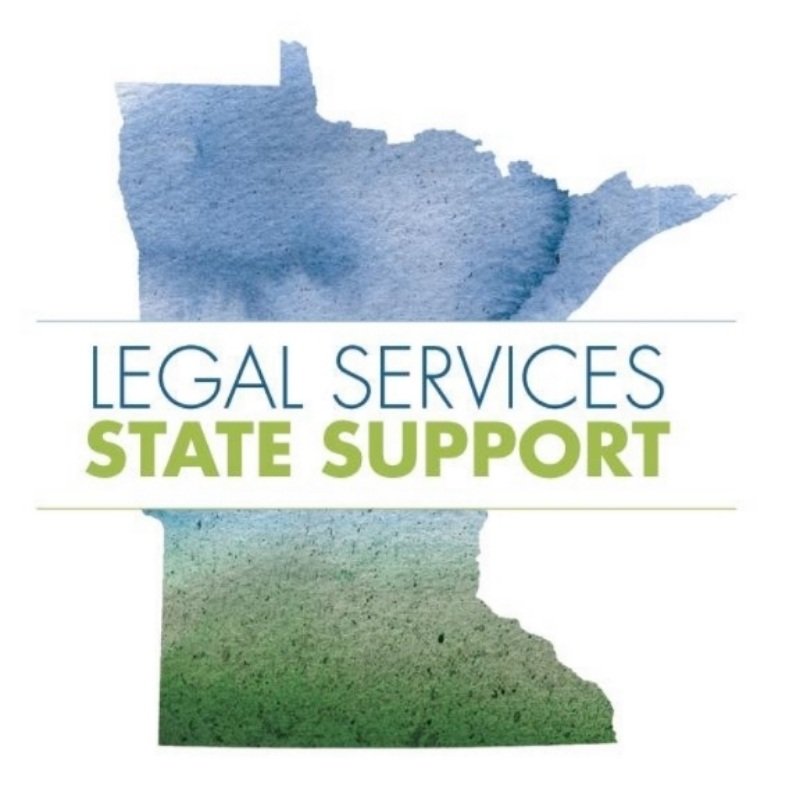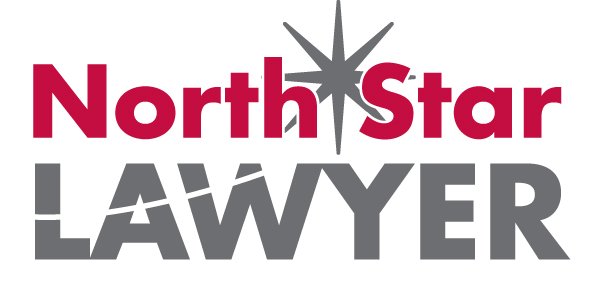Legal Services State Support is excited to announce that registration opens today for the 2022 Legal Services Statewide Conference — Mental Health and Legal Practice: A Holistic View. The conference will be held from Wednesday, November 2nd to Friday, November 4th, 2022, at Arrowwood Resort and Conference Center in Alexandria, MN. Conference plenaries will bring the community together to learn about mental health disparities in underserved communities, as well as the mental health challenges and opportunities we face as legal providers. Participants will also choose from breakout sessions that address skills-building and renewal to aid our personal and professional capacities as we work in a new legal landscape - informed and transformed by the pandemic. Attendees can earn up to 11 hours of Minnesota CLE credit, including up to 5 hours of elimination of bias and 1 hour of ethics credit.
The conference officially kicks-off on Wednesday evening, November 2, with special guest Dr. Remi Douah, founder and executive director of 846s.org, a non-profit supporting BIPOC youth-led initiatives for violence prevention, safety, mental health, and wellness. Dr. Douah will talk about his extensive work helping marginalized communities in South Minneapolis and how we can implement mental health care principles into our interactions with our clients.
Sharon Browning, Esq., attorney, educator, mediator and motivator, will deliver Thursday morning's keynote address, in which she will discuss the transformational power of non-egoic communication and the role of integrative listening in the work setting. She will describe non-egoic listening techniques and how they can be applied in legal settings to improve staff cohesion, morale, productivity, and wellness, as well as enhanced relationships and increased efficacy for clients. Browning will also present two one-hour break-out sessions designed to develop advanced communication skills for conference attendees who wish to delve deeper.
Other highlights of this year's conference include sessions from special guests Kimberly Merchant and Maha Syed of the Shriver Center Racial Justice Institute and Kay King of the National Alliance on Mental Illness - Minnesota.
Important Covid-19 Policy Information
State Support takes the health and safety of our legal services community seriously. As part of the registration process, every attendee is required to comply with in-person conference guidelines. These guidelines are detailed on our conference page (click the “Register” tab at the top of the page) and include proof of vaccination prior to the conference, as well as a negative Covid-19 test 72 hours or less before the start of the conference.
To register for the conference and find out more about breakout sessions, speakers, and social activities, visit our conference page and click on the Register tab. Then, just select your participant type. Our last in-person conference was in 2019, so we expect it to be well-attended. Register early as space is limited! See you at Arrowwood!





